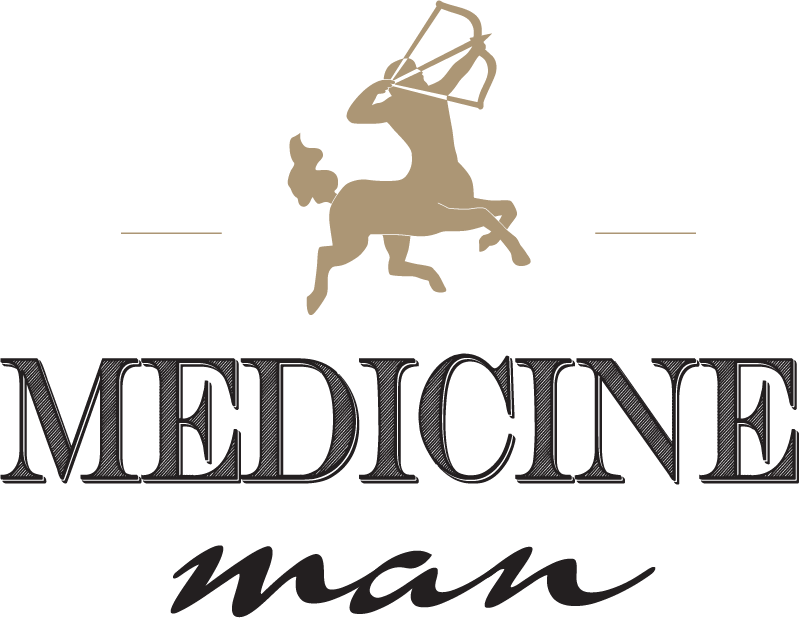Ever described someone as a “whirlwind”? More than likely, the person being referred to is predominantly vata. A vata person usually has a light frame, is often either very tall or very short, and, dry, frizzy hair. Their skin is dry, cold to the touch and is not smooth. They are prone to premature wrinkling, especially since they are sun worshippers and tend to be the ones with the darkest tan on the beach. Their dark eyes and lips are dry and small. They have a meager appetite along with an irregular diet and lifestyle. They are very creative and often very spiritual. They are quite accommodating to the needs of others and very generous with their time, money, and anything else they can offer. When they are stressed out, fear and nervousness occur. When the Ether and Air elements are out of balance the skin shows signs of dehydration, flakiness, and wrinkles. In the body, one will experience joint pain, chills, gas, constipation, and lower back pain. The mind will be restless with anxiety, worry, and lack of focus. Many different factors disturb vata including stress, excess activity such as aerobics or constant travel, improper diet, the season of autumn, and especially an irregular routine.
The key qualities associated with vata are: cold, dry, light, and erractic. Applying the law of opposites, we find that balancing Vata requires a combination of nurturing, warming, moistening, calming and grounding. As a rule, all recommendations should be applied with patience, peace, consistency, and regularity.
Diet:
A nutritive, strengthening diet is indicated, favouring sweet, salty, and sour tastes. Food should mainly be warm, heavy, and moist and meals should be frequent and taken at regular times. Spices should be used in cooking to help strengthen and regulate digestion. Best spices for vata are: ginger, garlic, hing, salt, cumin fennel, coriander, cardamom, cinnamon, and ajwain. Cooking with ghee is highly recommended.
Cold water and ice should always be avoided, as well as strongly stimulating beverages such as coffee and large amounts of alcohol. A small amount of wine/alcohol can be taken with meals. The following food guidelines for a vata pacifying diet may be helpful:
- Fruit: Sweet fruits including bananas, avocado, berries, kiwi, mangos, peaches, and all citrus fruits are most favorable.
- Vegetables: Cooked vegetables such as asparagus, beets, carrots, green beans, and sweet potatoes are best. Avoid raw vegetables as in a salad.
- Grains: Rice, cooked oats, and wheat keep vata in balance. Avoid barley, corn, and refined grains.
- Legumes: In general, beans aggravate vata because of their dry, gas provoking quality. Limit intake of all beans except mung beans.
- Dairy: Most dairies are acceptable, but avoid yogurt
- Spices: All spices are good!
Oils:
Application of oils is particularly beneficial for balancing Vata, especially Black Sesame Oil or Castor Oil. These must be warmed prior to application, and used on a regular basis. Whilst application to the entire body is ideal, if time is an issue, the best sites for application are the feet, the abdomen, the lower back, and the top of the head.
Colours & gems:
Vata responds well to colour, especially pastel shades of bright colours such as orange, yellow, small amounts of red, some use of green & blue in summer months or with brighter colours. Avoid wearing dark colours- greys, black, dark brown etc as these tend to encourage vata’s potential for depression.
The right gemstones are stabilising and grounding for vata. Gems that work on the nervous system are good: emerald, jade, peridot. Yellow stones such as citrine, yellow sapphire, and topaz are also highly compatible. The use of Ruby and garnet can help to improve circulation and boost energy.
Yoga:
Calming and grounding asanas are indicated such as sitting and lying postures, as well as back bends, and inversions done gently. Deep breathing practices are highly beneficial including alternative nostril breathing.
Lifestyle:
Make sure to always get enough sleep and do not stay up late at night. Keep warm, but avoid taking hot showers as these aggravate the nervous system and interrupt proper circulation. Moderate sunbathing and exercise are suitable. Avoid the wind and cold, overworking, excessive thinking, or frequent travel by air. Practice moderation in sex and reduce excess stimulation via TV, internet etc. Find time to slow down, take care of your body, and learn to enjoy peaceful moments more often.


0 Comments